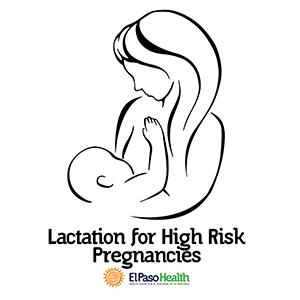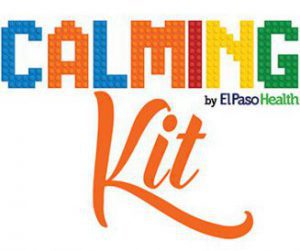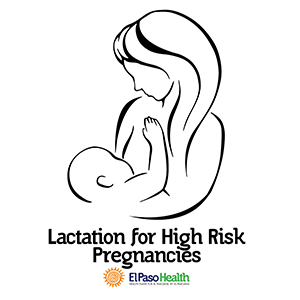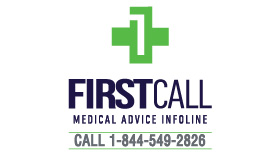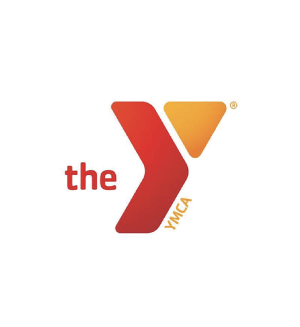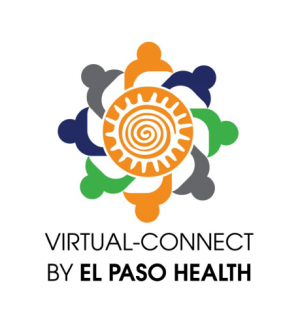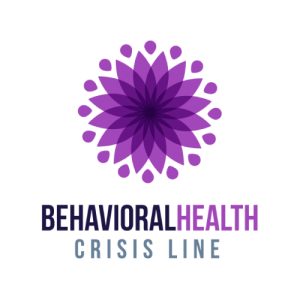Fraud, Waste & Abuse Program
El Paso Health has implemented a Fraud, Waste & Abuse (FWA) program as required by law. This program covers our members, providers, employees, vendors, and our community.
What is Fraud, Waste, and Abuse?
When someone does something wrong and knows it, it is fraud. When someone don’t follow the rules by mistake it is abuse. And when someone spends money or uses things without care, that can be waste.
All three things are bad and can get people in a lot of trouble if caught. This is why it is so important to say something as soon as you see something suspicious.
Examples of Fraud, Waste, and Abuse
Here are some examples of Fraud, Waste, and Abuse in healthcare.
By members:
- Someone lying in an application about where they live or how much money they have or make.
- Someone giving their Medicaid card to a friend or family member so they can pretend to be that person to go see the doctor.
- Someone using the emergency room for services that are not true emergencies. If it is not an emergency, they should see their regular doctor in the doctor’s office.
By Doctors or Medical Companies:
- A Doctor ordering many tests or exams you don’t need. If you feel like you don’t need it, say something.
- A company billing for a fancy wheelchair, but giving a member a basic wheelchair. If you feel you should have gotten something better, say something!
- A Doctor billing us for a visit that never happened or bills us for services that happened on a different day.
Fraud, Waste, and Abuse should be reported
If you see something, say something! You can always remain anonymous. You can give as little or as much information as you feel comfortable with.
There are many ways to report fraud, waste, or abuse:
- Calling El Paso Health’s anonymous toll-free hotline for waste, abuse, and fraud: 1-866-356-8395.
- Typing in the allegation to The State of Texas Office of Inspector General: https://oig.hhs.texas.gov/report-fraud-waste-or-abuse or calling them at 800-436-6184.
Email the Texas Office of the Attorney General’s Medicaid Fraud Control Unit at mfcu@oag.texas.gov or call them at (512) 371-4700.
Providers Self-Disclosure of FWA
The Office of Inspector General has established a process, called the Provider Self-Disclosure Protocol (the SDP), for health care providers to voluntarily identify, disclose, and resolve instances of potential fraud, waste, or abuse within government funded programs. The latest revised SDP including contact information and a background of the program can be found here (hyperlink to https://oig.hhs.gov/documents/self-disclosure-info/1006/Self-Disclosure-Protocol-2021.pdf).
Sanctioned and Excluded Participants
As an organization with state and federal funding, El Paso Health is not to conduct business with anyone who has been debarred, excluded or is otherwise ineligible for participation in federal health programs. A list of excluded people, organizations, and participants can be found at the following websites:
- Texas Office of Inspector General Directory (hyperlink: https://oig.hhs.texas.gov/exclusions)
- US DHHS Office of Inspector General Directory (hyperlink: https://exclusions.oig.hhs.gov/)
- GSA System for Award Management (SAM) (hyperlink: https://sam.gov/content/entity-information)
- Specially Designated Nationals List (SDN) (hyperlink: https://home.treasury.gov/policy-issues/financial-sanctions/specially-designated-nationals-and-blocked-persons-list-sdn-human-readable-lists)
Announcements and Updates for Fraud, Waste, & Abuse:
- Preventing Drug Diversion in the Medicaid Program
- Federal OIG Resources
- Fraud and Kickback Penalties Double
- Frequently Asked Questions: Payment Holds Due to a Credible Allegation of Fraud
- Identifying Inappropriate Claims Before They Are Paid
- Medicaid Fraud Notice for Members
- Medicaid Fraud Notice for Providers
- What is an SIU: Special Investigations Unit
- Medicaid Program Integrity Education
- Roadmap for New Physicians Avoiding Medicare and Medicaid Fraud and Abuse
- Most Recent OIG Medicaid Integrity Report
- Texas Medicaid Fraud Prevention Statute
- Texas Self Disclosure Protocol
.jpg)

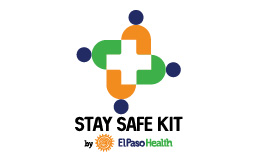
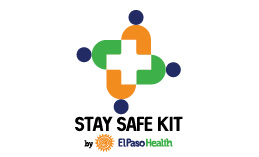


 Tarjeta de regalo de $25 para Walmart, para miembros menores de 18 años que acudan a una visita de seguimiento con el psiquiatra a más tardar 7 días de estar hospitalizado por un problema de salud mental. Los miembros pueden recibir una tarjeta de regalo al año.
Tarjeta de regalo de $25 para Walmart, para miembros menores de 18 años que acudan a una visita de seguimiento con el psiquiatra a más tardar 7 días de estar hospitalizado por un problema de salud mental. Los miembros pueden recibir una tarjeta de regalo al año.
 Una tarjeta de regalo de $15 para los miembros de hasta 20 años que acudan a tiempo a un chequeo médico de Pasos Sanos de Texas.
Una tarjeta de regalo de $15 para los miembros de hasta 20 años que acudan a tiempo a un chequeo médico de Pasos Sanos de Texas.